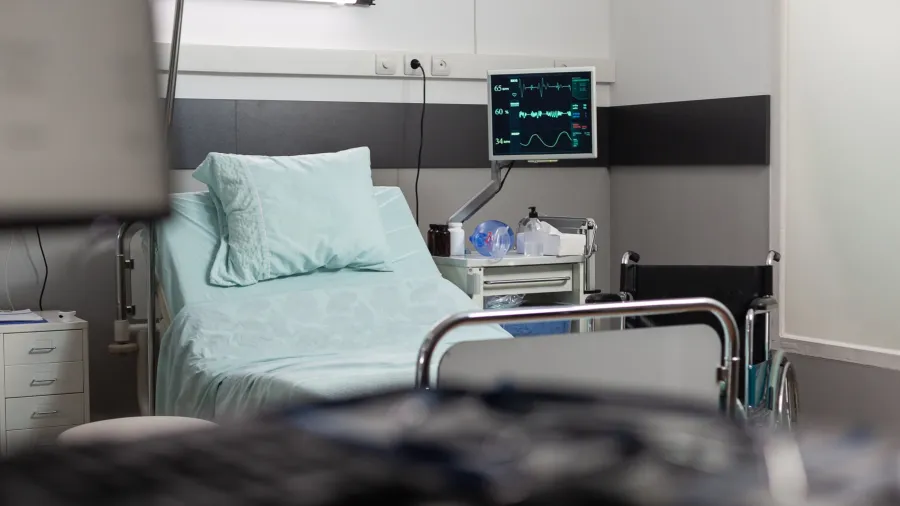
SingHealth, Philips to roll out smart ICUs to cut false alarms
The system uses predictive capabilities for early treatment in general wards.
The Singapore Health Services (SingHealth) and Royal Philips are working on optimizing smart intensive care unit (ICU) capacity across the city-state’s public cluster to prevent frequent false alarms that can overshadow real emergencies and put patient safety at risk.
“Predictive capabilities integrated into the system can detect patient deterioration early and allow treatments to be given in the general ward without having to move patients to the ICU,” Nic Schneider, head of hospital and patient monitoring at Philips Asia-Pacific, told Healthcare Asia.
“The system connects data across departments and varying levels of patient severity, where we optimize surveillance to minimise alarm fatigue,” he said in an emailed reply to questions.
Singapore’s health infrastructure development was set back by the COVID-19 pandemic, as average hospital stays rose to seven from six days, or a 15% increase in workload, Health Minister Ong Ye Kung said in a speech at the Ministry of Health Committee of Supply Debate 2025. “Expanding capacity does not mean just building hospitals,” he said.
With rising demand for critical care, hospitals often experience a shortage of beds and experienced clinical staff in areas like the ICU, Schneider said.
Early warning scores, custom algorithms, and clear data displays will be implemented to reduce staff workload. “This allows for quick and accurate recall of vital sign information.”
Royal Philips would also help SingHealth, Singapore’s biggest public healthcare cluster, develop artificial intelligence (AI)-powered models and algorithms to monitor developments in patients’ conditions and optimise alarm management, he added.
The infrastructure will be designed to work seamlessly across systems, meet cloud and cybersecurity standards, and support clinical workflows, Schneider said.
The project rollout will be phased in consultation with key stakeholders, said Lawrence Loke, group chief information officer at SingHealth.
“As with all projects, successful implementation hinges on effective change management, seamless integration, and stakeholder engagement,” Loke said in an emailed response. SingHealth would also prioritise early staff engagement during the planning process, along with training programmes to ensure a smooth transition, he added.
Philips will roll out its healthcare transformation services to SingHealth institutions, offering strategic consulting and hands-on training.
“The scope is centred on these projects,” Loke said. “However, we remain open to future opportunities for collaboration where there is shared interest and strategic alignment.”
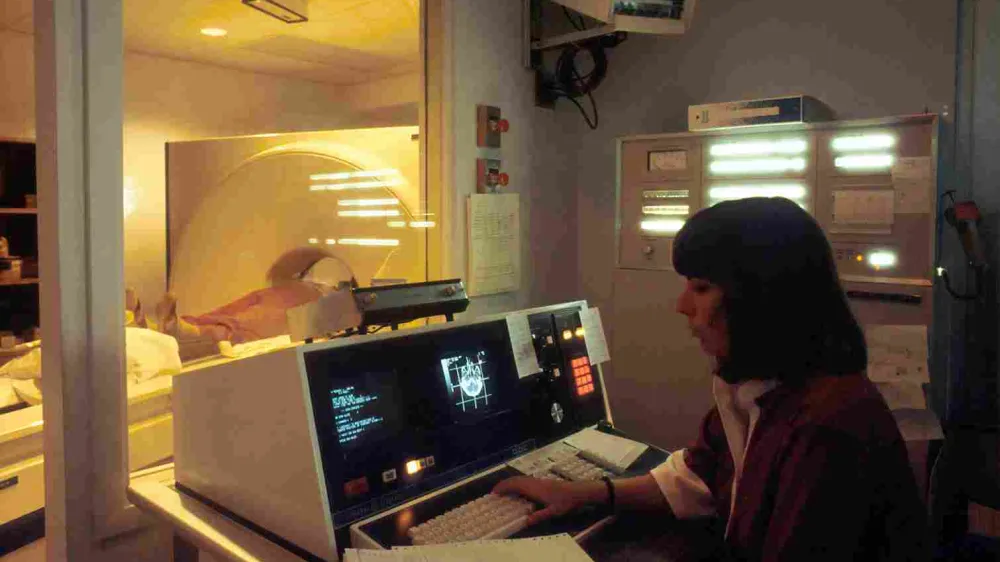
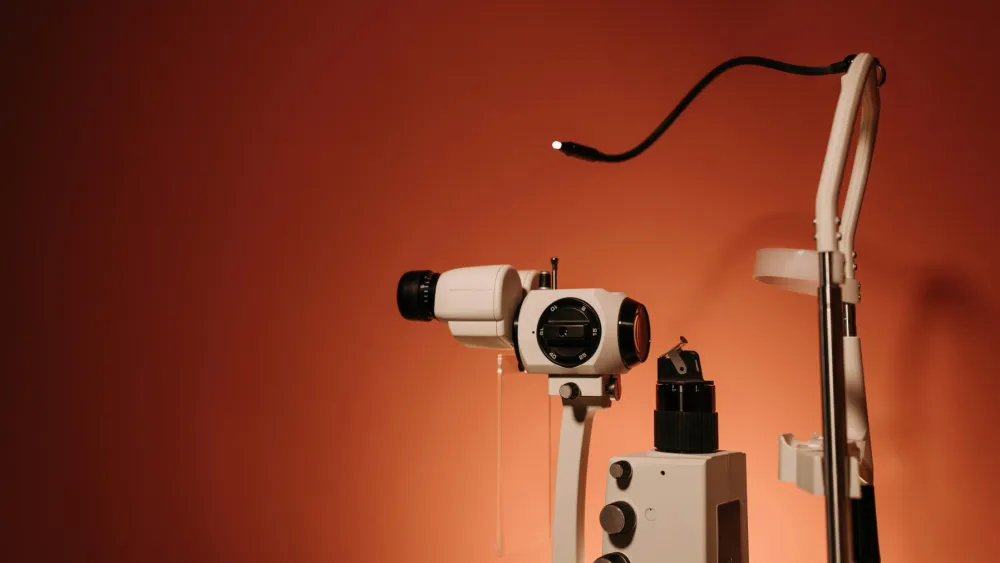
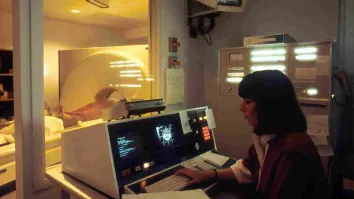


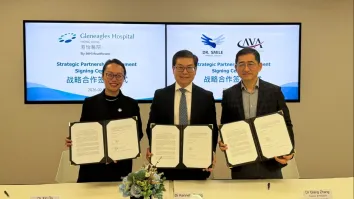













 Advertise
Advertise





